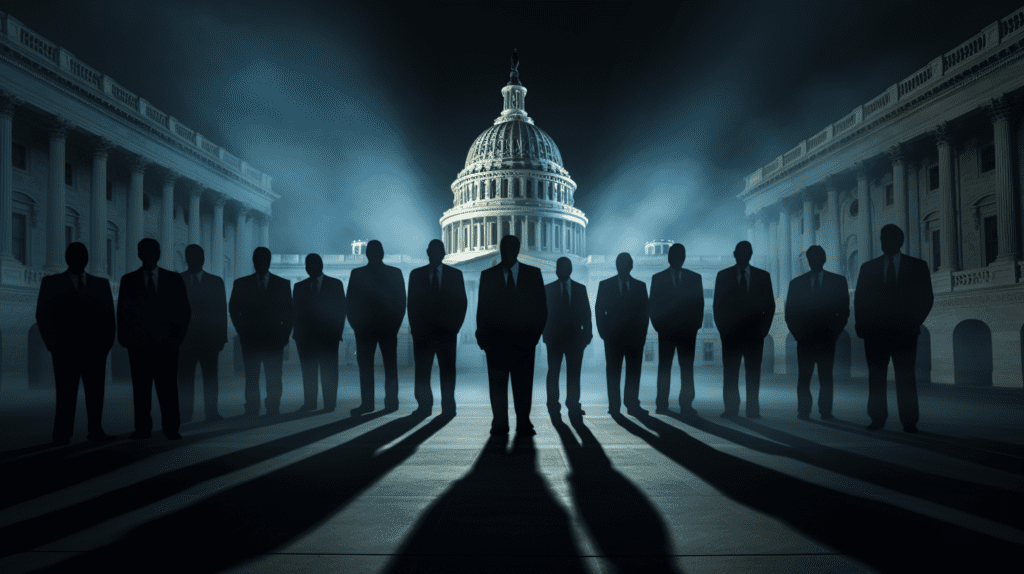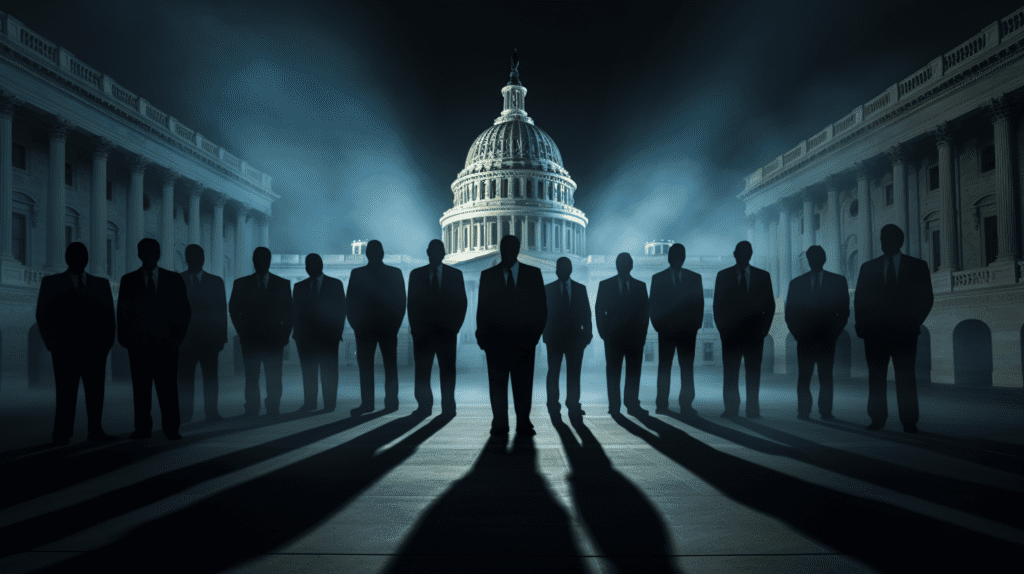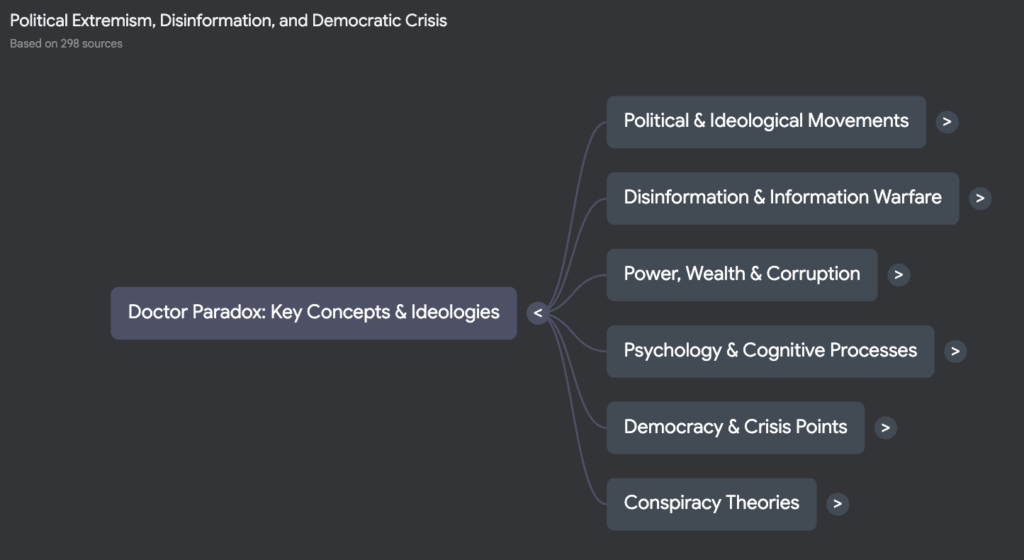Shitposting, a term that has seeped into the mainstream of internet culture, is often characterized by the act of posting deliberately provocative, off-topic, or nonsensical content in online communities and on social media. The somewhat vulgar term encapsulates a spectrum of online behavior ranging from harmless, humorous banter to malicious, divisive content.
Typically, a shit-post is defined by its lack of substantive content, its primary goal being to elicit attention and reactions — whether amusement, confusion, or irritation — from its intended audience. Closely related to trolling, shitposting is one aspect of a broader pantheon of bad faith behavior online.
Shit-poster motivations
The demographic engaging in shit-posting is diverse, cutting across various age groups, social strata, and political affiliations. However, it’s particularly prevalent among younger internet users who are well-versed in meme culture and online vernacular. The motivations for shit-posting can be as varied as its practitioners.
Some engage in it for humor and entertainment, seeing it as a form of digital performance art. Others may use it as a tool for social commentary or satire, while a more nefarious subset might employ it to spread disinformation and misinformation, sow discord, and/or harass individuals or groups.

Context in US politics
In the realm of U.S. politics, shit-posting has assumed a significant role in recent elections, especially on platforms like Twitter / X, Reddit, and Facebook. Politicians, activists, and politically engaged individuals often use this tactic to galvanize supporters, mock opponents, or shape public perception. It’s not uncommon to see political shit-posts that are laden with irony, exaggeration, or out-of-context information, designed to inflame passions or reinforce existing biases — or exploit them.
Recognition and response
Recognizing shit-posting involves a discerning eye. Key indicators include the use of hyperbole, irony, non-sequiturs, and content that seems outlandishly out of place or context. The tone is often mocking or sarcastic. Visual cues, such as memes or exaggerated images, are common.
Responding to shit-posting is a nuanced affair. Engaging with it can sometimes amplify the message, which might be the poster’s intention. A measured approach is to assess the intent behind the post. If it’s harmless humor, it might warrant a light-hearted response or none at all.
For posts that are disinformation or border on misinformation or toxicity, countering with factual information, reporting the content, or choosing not to engage are viable strategies. The key is not to feed into the cycle of provocation and reaction that shit-posting often seeks to perpetuate.


Fighting back
Shit-posting, in its many forms, is a complex phenomenon in the digital age. It straddles the line between being a form of modern-day satire and a tool for misinformation, propaganda, and/or cyberbullying. As digital communication continues to evolve, understanding the nuances of shit-posting – its forms, motivations, and impacts – becomes crucial, particularly in politically charged environments. Navigating this landscape requires a balanced approach, blending awareness, discernment, and thoughtful engagement.
This overview provides a basic understanding of shit-posting, but the landscape is ever-changing, with new forms and norms continually emerging. The ongoing evolution of online communication norms, including phenomena like shit-posting, is particularly fascinating and significant in the broader context of digital culture and political discourse.














































